1. Flying First Class Just to Flex
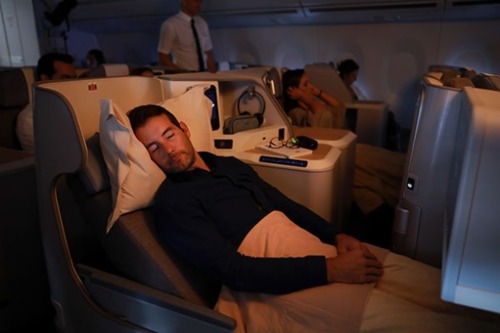
Flying first class used to be the ultimate status move. You boarded first, drank champagne, and stretched out while the rest of the plane shuffled past. But in the era of remote work and budget-conscious travel, it’s lost its luster. Now, it can come off as wasteful or performative.
Many travelers prioritize value, sustainability, or travel hacking over luxury. Business class still has its place—but flashing it on Instagram doesn’t hit like it used to. The real flex now? Traveling smart, not just expensively.
2. Having a Wall of DVDs or Blu-rays
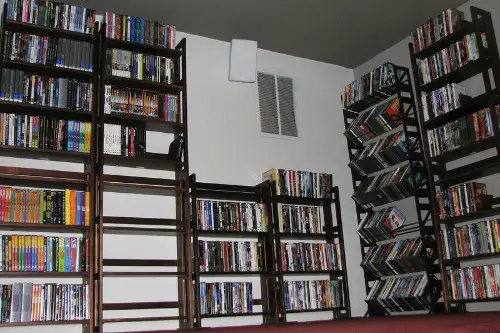
Once a proud display of taste and collection, a wall of DVDs was a conversation starter. It showed you were a movie buff, a collector, a curator. But now, it mostly shows you haven’t discovered streaming—or decluttering. Physical media has become digital clutter.
With nearly every film available online, shelves of discs feel more nostalgic than impressive. People now value clean spaces and cloud storage. That towering DVD rack? It’s more “grandpa’s basement” than “home theater chic.”
3. Wearing a Rolex
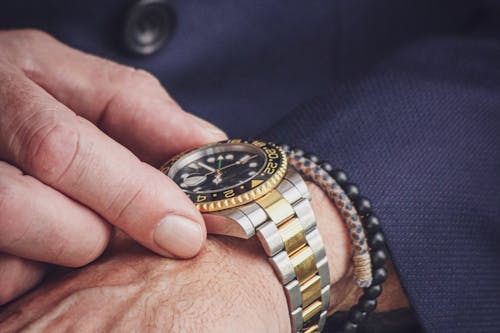
A Rolex used to be the ultimate wrist trophy. It meant you had taste, money, and maybe a yacht. But now, it’s less about telling time and more about telling on yourself. In a world of smartwatches and minimalist style, a flashy timepiece can feel out of sync.
That’s not to say luxury watches are dead—but they’ve lost their universal appeal. Many now see them as relics of a different era. If you’re wearing one to impress, it might be doing the opposite. Subtle is the new status.
4. Having a Formal Dining Room

For decades, a formal dining room was a must-have in any “nice” home. It was where you hosted holidays, showed off your china, and pretended to enjoy stiff chairs. But now, it’s often the least-used room in the house—if it exists at all.
Open-concept living and casual dining have taken over. People want multifunctional spaces, not rooms that gather dust. A formal dining room now feels more like a museum than a modern home feature. And no one’s impressed by your unused table.
5. Displaying Fine China
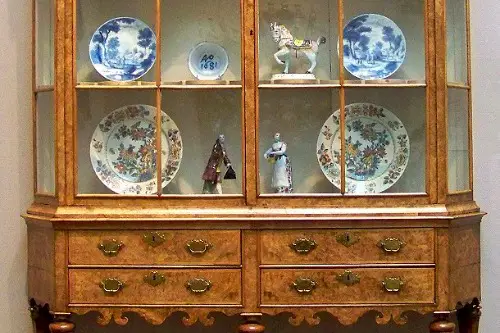
Registering for a full set of fine china used to be a wedding rite of passage. It sat in a cabinet, rarely used but always admired. But today, most people don’t want to store—or dust—something they’ll use twice a year. It’s become more burden than brag.
Minimalism and practicality have replaced tradition. Couples now ask for experiences, cash, or tech instead of porcelain. That heirloom set? It’s probably listed on Facebook Marketplace. And that’s okay.
6. Belonging to a Country Club
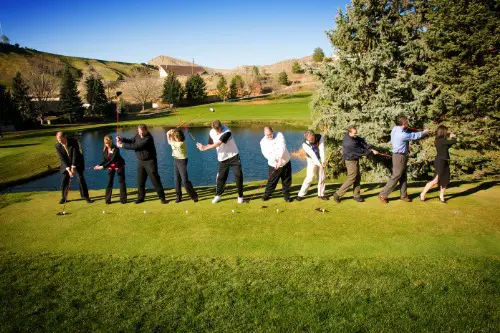
Country club membership once meant you’d arrived. Golf, tennis, and catered brunches were all part of the package. But now, it often signals exclusivity in the worst way. Younger generations are opting for public spaces, boutique gyms, and inclusive communities.
Country clubs are struggling to attract new members, and many are rebranding to survive. The old-school prestige just doesn’t land the same. What used to be elite now feels outdated—and a little out of touch.
7. Owning a McMansion
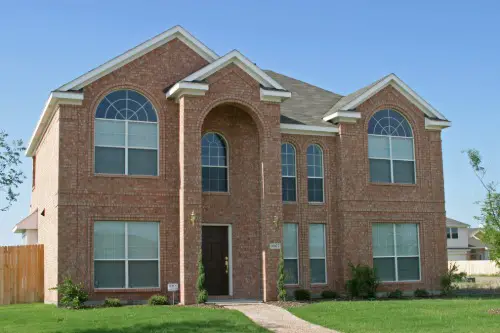
In the early 2000s, the bigger the house, the better. Oversized suburban homes with three-car garages and two-story foyers were the ultimate flex. They symbolized success, stability, and the American Dream. But now, they mostly scream “high utility bills and too much vacuuming.”
Today’s buyers want smaller, smarter, and more sustainable. McMansions are often seen as wasteful, outdated, and poorly designed. Younger generations prefer walkable neighborhoods and efficient layouts. The dream has downsized—and the flex has faded.
8. Driving a Luxury Sedan
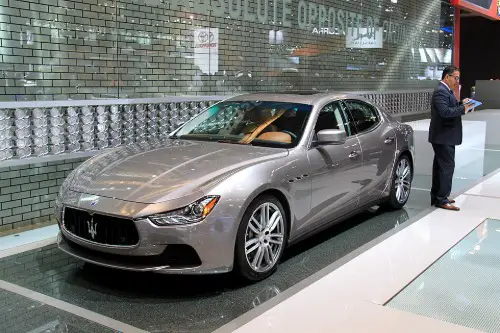
There was a time when pulling up in a Mercedes or Lexus meant you’d made it. Leather seats, chrome trim, and a brand badge were all part of the image. But in 2025, that image feels a little stale. Luxury sedans are being replaced by EVs, hybrids, and even car-free lifestyles.
Younger Americans are more likely to value sustainability and tech over horsepower and prestige. A Tesla or Rivian says “forward-thinking,” while a gas-guzzling luxury car says “stuck in 2010.” The road to relevance has changed lanes.
This post 8 Status Symbols That Used to Mean Everything in America—Now They Mean You’re Out of Touch was first published on American Charm.


